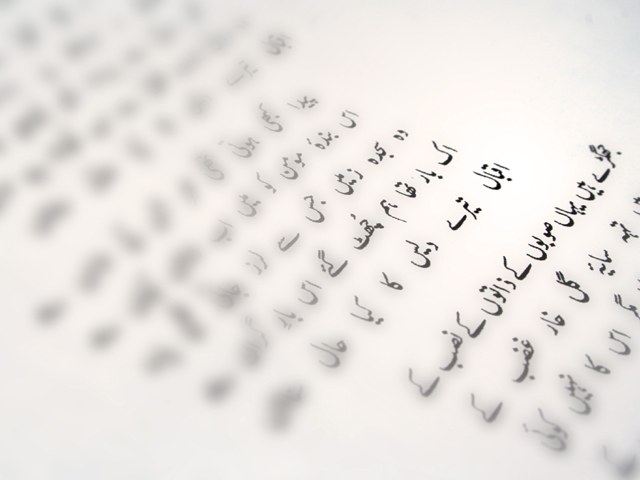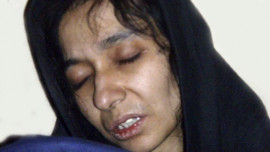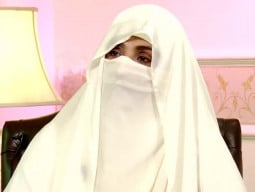
For the survival of hundreds of years of aesthetic beauty hidden in the Urdu language, it is important that Pakistanis and other Urdu speakers have a serious discussion about how they want to treat the language.
Speakers expressed these thoughts at a discussion at Kuch Khaas on Friday, following the launch of the Oxford Urdu-English Dictionary. The 1,200-page dictionary, which has 85,000 Urdu entries and 190,000 corresponding meanings in English, has been published by the Oxford University Press (OUP).
Salman Asif, a gender adviser at the United Nations in Pakistan, said Urdu has the weakest curriculum and worst-trained teachers in Pakistani schools, and added that books that create curiosity in the younger generation which attracts them to Urdu will not get written by themselves. A paradigm shift is required, said Asif.

“At some point we have to decide what status we want to accord to Urdu,” he said, during the discussion. “It is a big social and cultural question but that’s what we have to work on.”
Other speakers said the powers-to-be in Pakistan took fifty years to make Urdu the language of the masses, but when the common man adopted Urdu, they stopped patronising it. The speakers said the inferiority complex associated with Urdu is a political issue that has more to do with maintaining power and control, rather than the language itself.
Earlier, Fayyaz Raja, the regional sales director of OUP, introduced the first Oxford Urdu-English Dictionary. Raja said it was an honour for OUP to be introducing the Urdu-English dictionary in its line of dictionaries and he hoped the dictionary would help in the promotion of Urdu.
Muhammad Sheeraz, in-charge of the English Language Centre at the International Islamic University Islamabad, said the dictionary is based on the basic manuscript prepared by SM Saleemuddin, who spent two decades working on it. The manuscript was later refined by OUP over a 10-year-period, Sheeraz said.
Dr Rauf Parekh, a lexicographer, who also wrote a foreword about the history and origins of Urdu for the dictionary, along with Sohail Anjum, Jamil Jalbi and Dr Sarmad Hussain.
Sheeraz said he found the dictionary to be an “all-inclusive” book that provides multiple meanings, phrasal uses, idiom translations, pronunciations and etymology of words. He said it would be beneficial for students, teachers, researchers and journalists.
During the discussion, Asadullah Khan, the chairperson of the Higher Education Commission’s National Committee on English, said the dictionary might have some flaws, but its mere existence is the fulfilment for a basic necessity of students and teachers. She said using dictionaries can help instil critical thought in students.
Harris Khalique, writer, poet and intellectual, who moderated the discussion, lauded the foreword written by Parekh for the dictionary. Khalique said it is important to note that Urdu is not just limited to the Muslims of South Asia. In fact, he said, the language was also used by other religions, which is manifest in Urdu translations of the Bible and several verses in the Guru Granth Sahib.
Published in The Express Tribune, October 26th, 2013.






1732356840-0/Copy-of-Untitled-(1)1732356840-0-270x192.webp)



1732355030-0/BeFunk_§_]__-(41)1732355030-0.jpg)






COMMENTS
Comments are moderated and generally will be posted if they are on-topic and not abusive.
For more information, please see our Comments FAQ